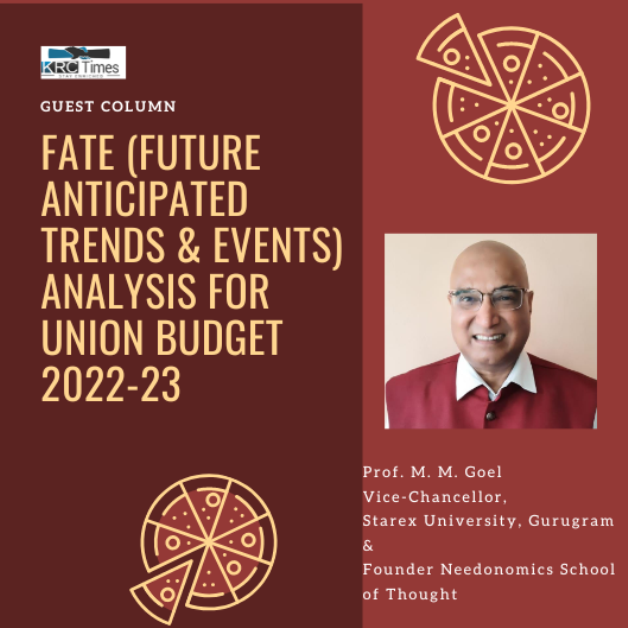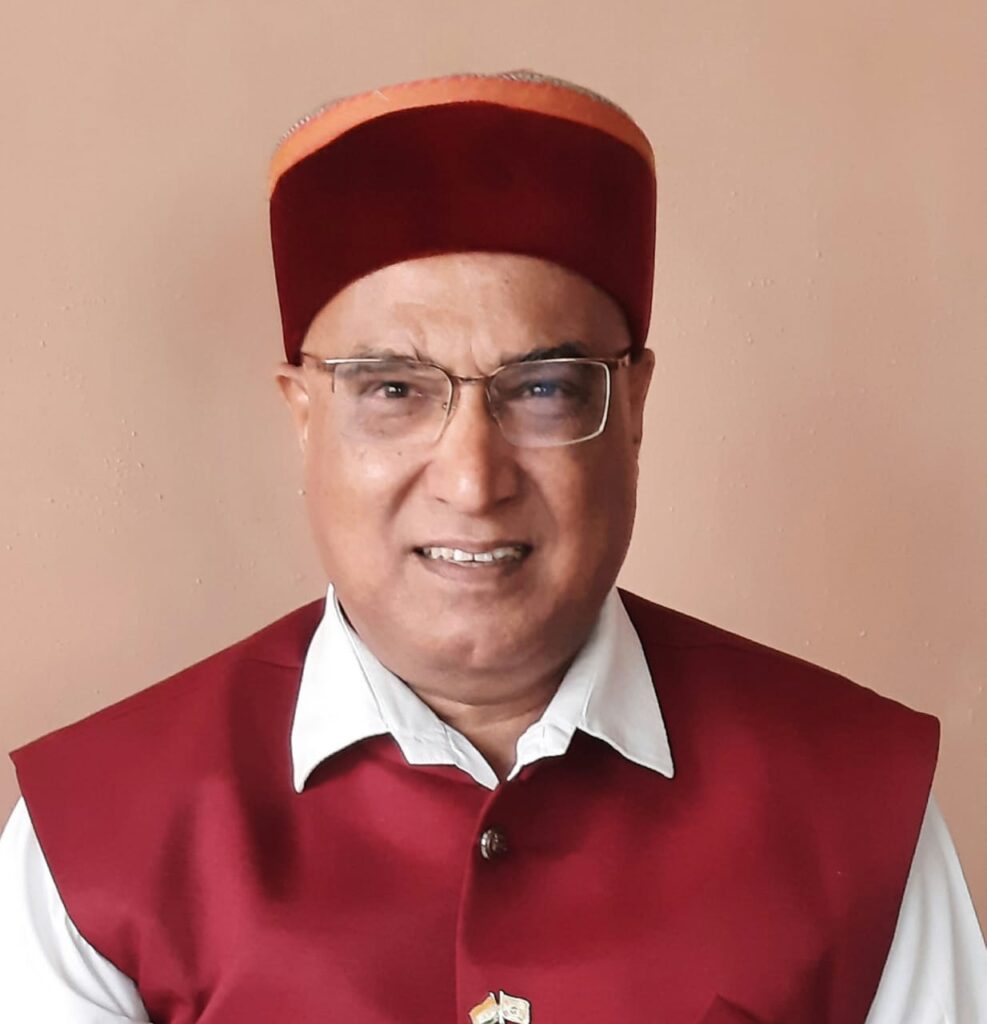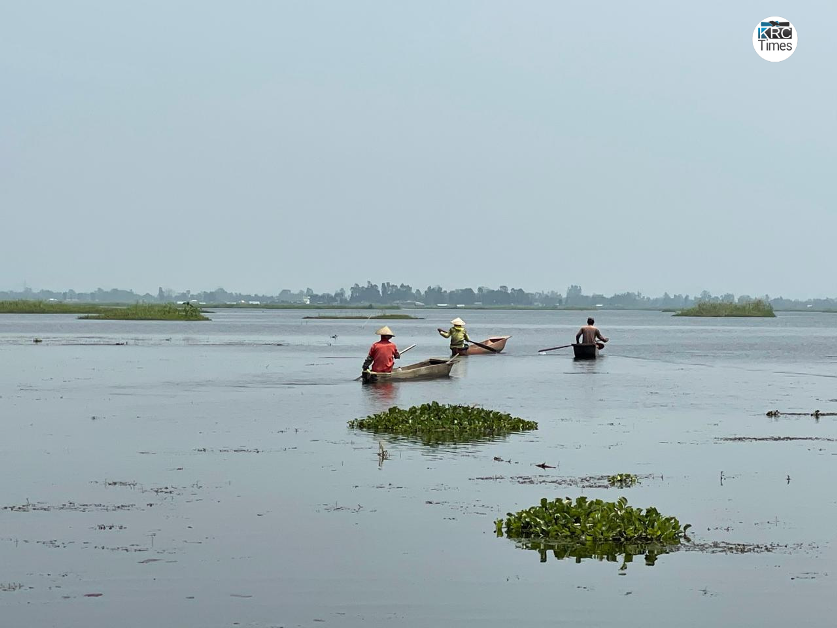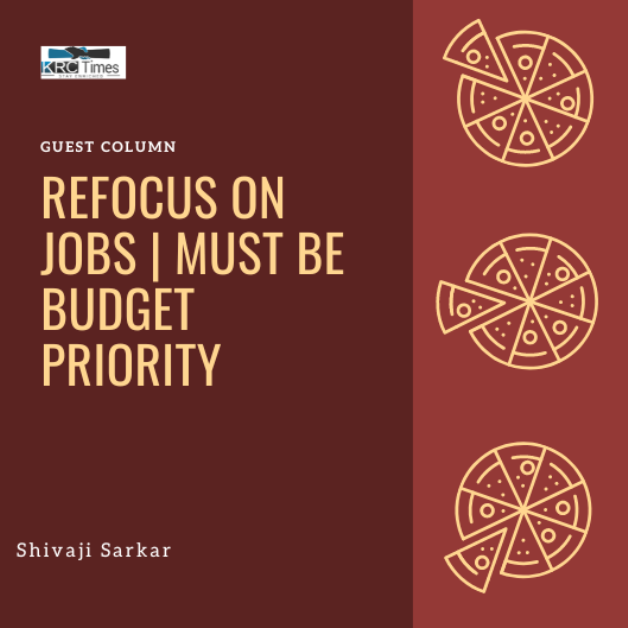We need a new orientation to the defence budget as a separate budget. It is to be noted that appropriate expenditure on defence is an engine of economic growth via peace which is necessarily a basic infrastructure
 Dr. M. M. Goel
Dr. M. M. Goel

To bring ‘hope’ during the covid era and after covid (AC), we need to conduct a FATE (Future Anticipated Trends & Events) analysis of the union budget 2022-23. In conformity to the established principles of public finance of excellent economics of the business environment, it should convert pessimism into optimism among all the stakeholders caused by covid without ifs and buts. Finance Minister (FM) Mrs Nirmala Sitaraman should prove to be diplomatic and wisdom should prevail in dealing with the third variant of covid Omicron. FM has to prove her credibility with the framework of the budgetary process, which is essential for fiscal marketing to create faith and confidence. It is a tight rope walk for FM for fiscal expansion and fiscal prudence. The desire of the FRBM Act to lower fiscal deficit (FD) to 4.5 per cent of GDP by 2025-26 is a distant dream due to the impact of covid on economic intensity. To expand the social security net, we certainly need to deploy finances. To provide employment, we need measures more than monetization of assets and improve effectiveness in targeted public expenditure.
To upgrade education envisioned in National Education Policy (NEP) 2020 for ensuring needo-employment and needo-entrepreneurship. we require needo-education as Higher Order Thinking Skills (HOTS) with creativity, innovation and critical thinking along with human values and ethics. The political leadership both in power and opposition should have empathy with the youth who are the victim of under-employment more than unemployment and are compelled to work on lower wages even in jobs for highly educated. It is pertinent to mention that many of such candidates are unemployable as useless and careless. The challenge is how to convert careless into careful and useless to useful manpower. There is a strong case for needo-data on unemployment which is based on sample surveys by the agencies responsible for data and conceals more than it reveals.
There is a strong case for enhancing the income tax exemption limit and being linked with Consumer Price Index (CPI) for industrial workers (IW) which is the basis for additional dearness allowance (ADA). At least ADA should have been exempted which is the so-called compensation for the inflation for employees of the Government at all levels. There is no logic and rationale to tax house rent allowance received by the employees owning their houses. There is no justification for taxing the fixed medical allowance for taking preventive, promotive and curative health by the employees of all cadres and creeds in India. We need to enhance the standard deduction to be one lakh to keep pace with inflation and induced expenses. To improve the affordability of health insurance for the middle class who are converting into poor, we have to lower the GST rate of 18 per cent on premiums. It is interesting to note that Ayusman Bharat takes care of the rural and urban poor.
To create serious opportunities for improving the ease of living of the people of India, we need system innovation in place of technology innovation with consumer-centric reforms with incentives to 28 States and 9 UTs.
To promote pro-poor economic growth with ample opportunities for employment, there is a strong case for the Khadi and Village Industries Commission (KVIC) to be converted into an MNC- the best tribute to Mahatma Gandhi who if alive today could have internationalized Khadi for the globalization of Indianization. This is necessary and sufficient to revive the struggling MSME sector. We have to incentivize labour-intensive sectors for providing employment opportunities.
The top priority needs to be given for ‘rain harvesting’ which can solve the problem of floods and waterlogging on the one hand and droughts and declining water tables on the other. Let us learn to share river water also.
We need a new orientation to the defence budget as a separate budget. It is to be noted that appropriate expenditure on defence is an engine of economic growth via peace which is necessarily a basic infrastructure. There is a strong case for enhancing defence expenditure which is justified to face the challenges caused by internal threats and terrorism of various kinds including unemployment and suicides by farmers. The only practical solution to these problems is to make military services compulsory for five years for the youth which will bring discipline to the Indian economy in one sense or the other. The domain of military activities will have to be increased to include the agricultural industry.
There is a strong case for coordination between fiscal policy, monetary policy, industrial policy and foreign trade policy for the acceleration of growth in various sectors of the Indian economy.
To understand, analyze and interpret the intricacies involved in adopting inflation targeting in India, let us be faithful to the intention of the will of people, use the wisdom of economists from every nook and corner of India and adopt economy in the execution of the policies and programmes.
The financial year from April 01 (Fools Day) – deserve to be changed. It needs to start from July 01 to June 30 if we trust the Indian economy to be a knowledge economy or agricultural economy wherein the year starts on July 01.
It is believed by this writer that if the rate of increase in the capital expenditure is faster, it shows the strengthening of infrastructure. The increased revenue expenditure is inevitable due to measures for facing a covid created economic crisis. The real estate sector which has a good employment multiplier and provides housing even rental have to be given infrastructure status.
To fight against covid and revive the Indian economy, we need to replace rajas guna with sattava in an evolutionary manner and not the revolutionary spirits of the political leaders in power.
The root cause of the major problems is greedonomics which causes tensions, stress and worries of all kinds. We must possess the knowledge of the harm done by greedonomics and rajasi tendencies prevailing in present times. The improvements in human behaviour need efforts for a long time but certainly justify Needonomics (economics of needs) which is the requirement of the day. To prepare for the pandemic-proof economy, we have to adopt the needonomics by the consumers, producers, distributors, traders and the Governments at all levels.

(Prof M M Goel is Vice-Chancellor Starex University, Gurugram www.starexuniversity.com and Founder Needonomics School of Thought www.needonomics.com)
Advertisements | KRC Foundation







